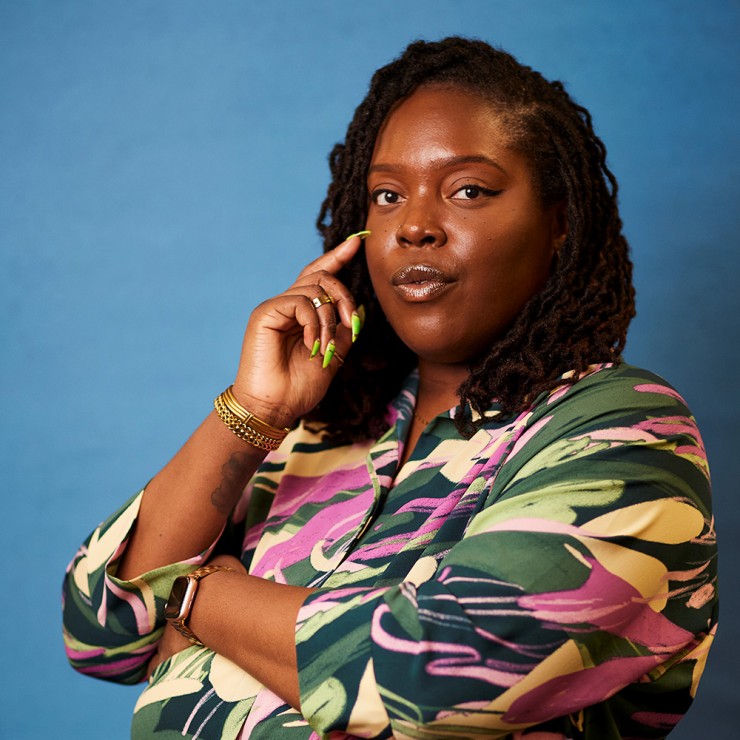ITV is going further than the BBC in setting a target to have one-third of staff from working-class backgrounds by 2025.
ITV’s Diversity Acceleration Plan 2022, published today to mark two years of the strategy, reveals that 30% of staff are from a working class socio-economic background against a 39% national average.
The report publishes intersectional data for the first time and found that deaf, for disabled and neurodiverse working-class employees, it has already hit the 33% target and among BAME staff, it has exceeded it at 35%.
The broadcaster’s first-ever socio-economic background target is ahead of the BBC’s ambition for 25% by 2027.
The report highlights initiatives such as its Fresh Cuts directors strand, its £80m, three-year Diversity Commissioning Fund and its Step Up 60 senior-level training scheme.
It shows that ITV is broadly close to meeting its workforce representation targets. People of colour now account of 14.5% of staff, close to the 2022 year-end 15% target; the picture is similar among deaf, disabled and neurodiverse (11.%% against a 12% target).
ITV’s workforce is now 53.1% female, ahead of a 50:50 goal, and 8.7% identify as LGBQ+, beating the 7% target.
Drilling through the intersectional data adds a new dimension to these figures: for example, women account for 8.7% of ITV staff against a 7% national average, but among men, it stands at 5.5% against the same national figure.
On-screen, people of colour account for 26% of lead roles, up from 21% the previous year and 17% before that. Among new commissions since July last year, this rises to 32%.


